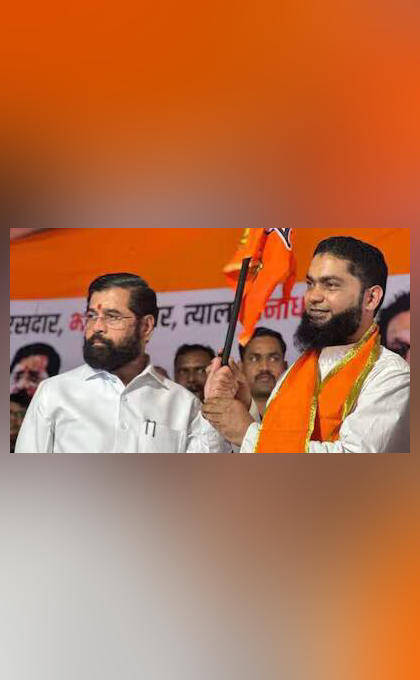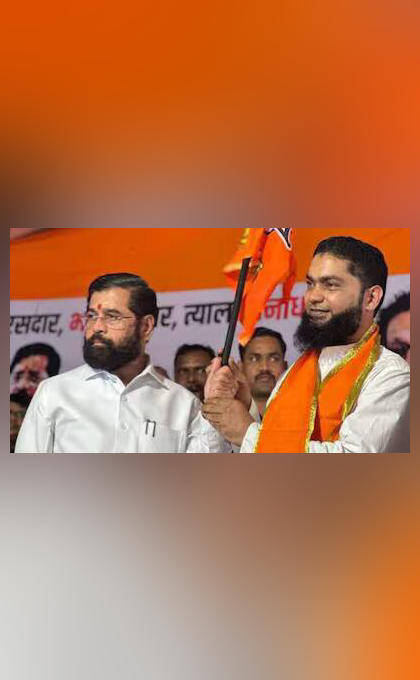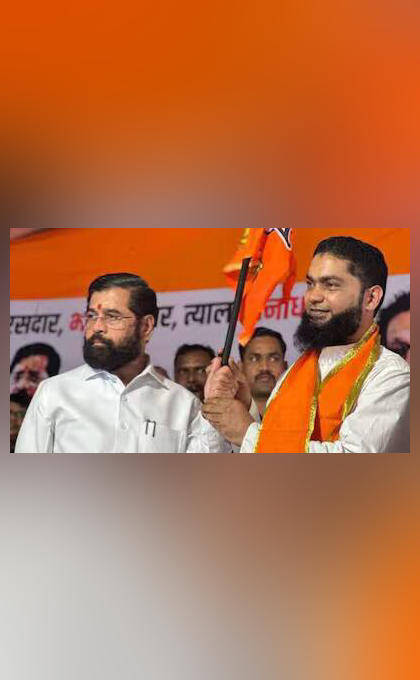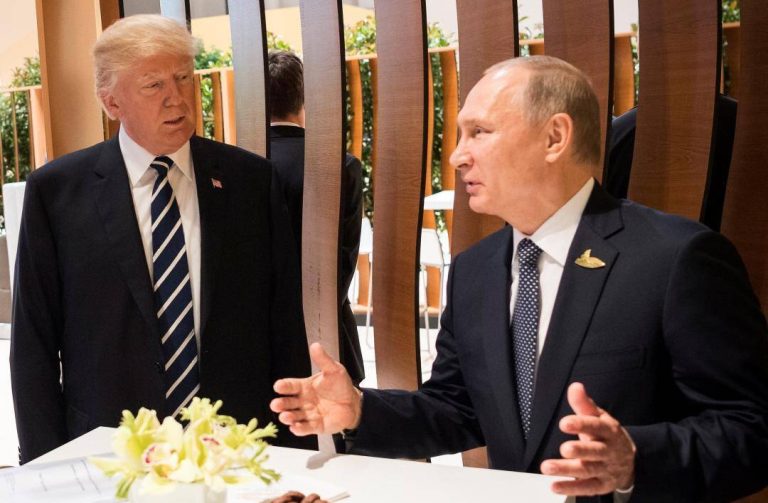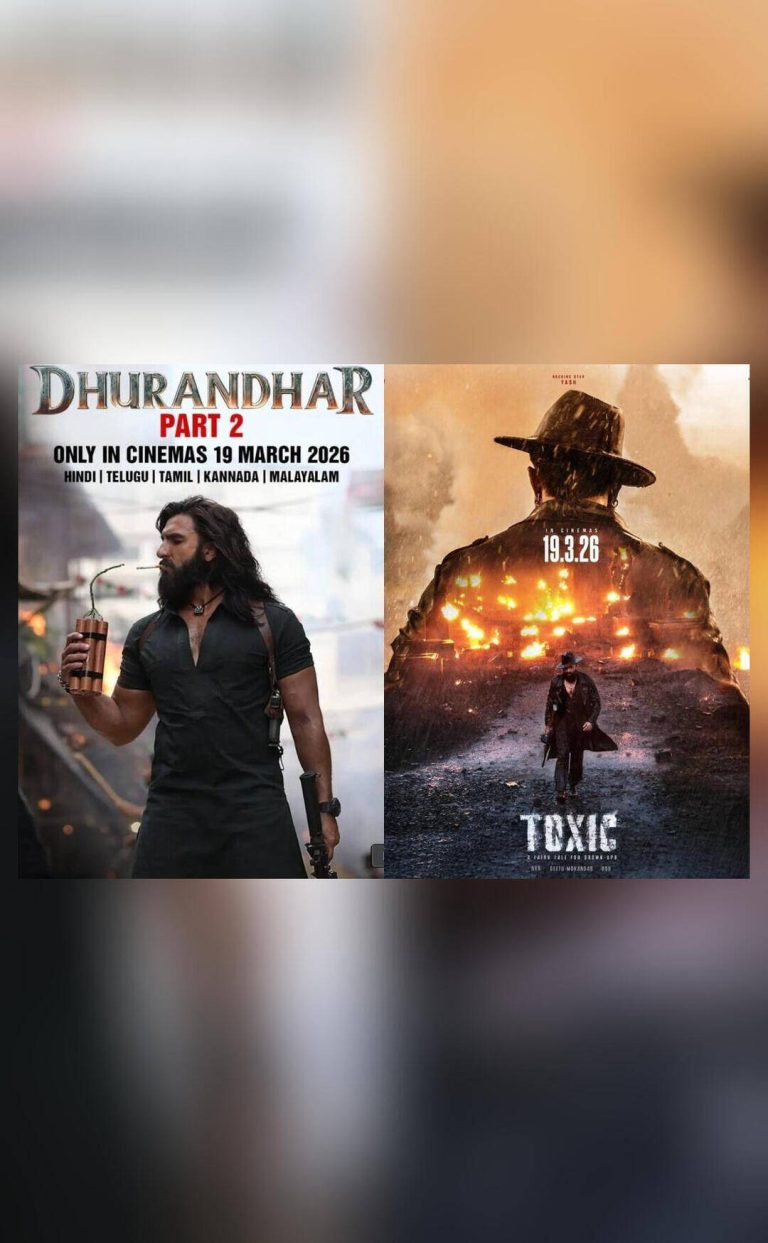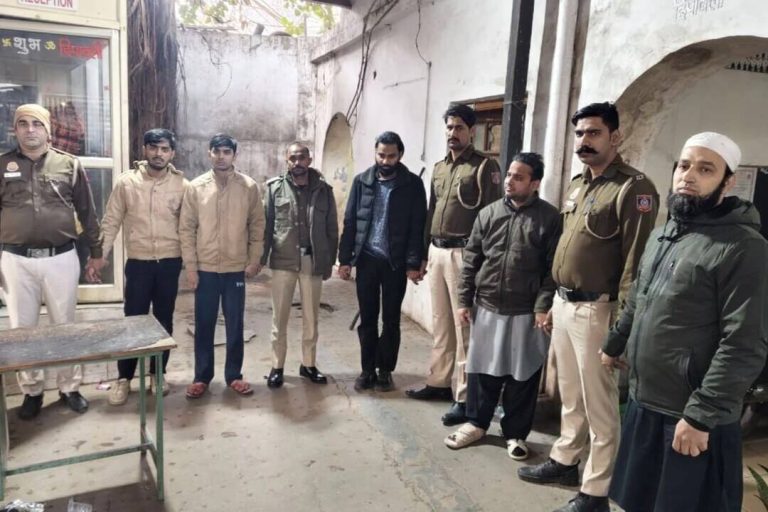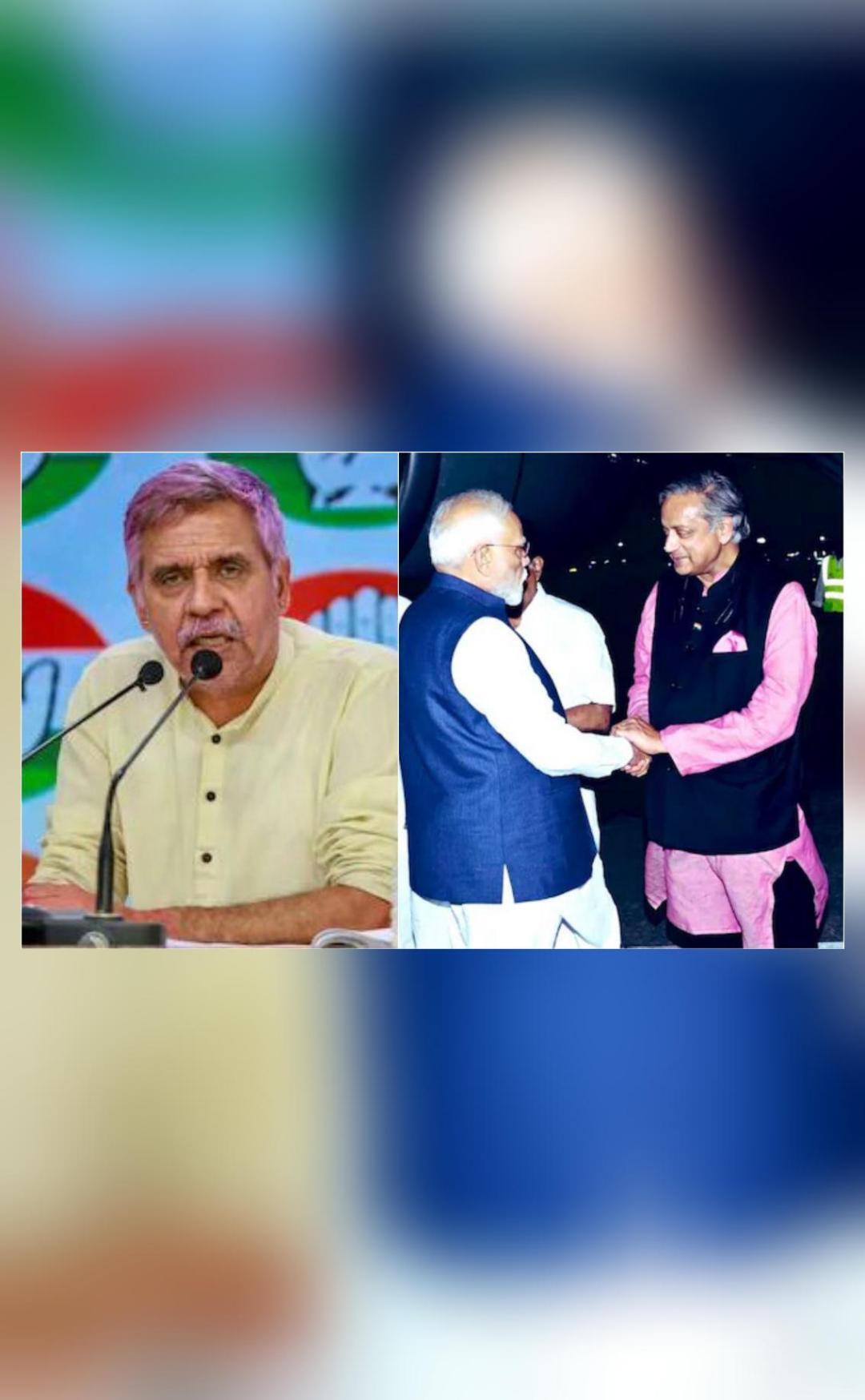
Dikshit calls Tharoor ‘hypocrite’ over praise for PM, asks ‘Why are you in Congress?’
In a shocking turn of events, Congress leader Sandeep Dikshit has lashed out at his party colleague Shashi Tharoor for praising Prime Minister Narendra Modi’s speech at a recent event. The controversy began when Tharoor, a senior Congress leader and MP, expressed admiration for the Prime Minister’s oratory skills, sparking a heated debate within the party. Dikshit’s scathing attack on Tharoor has raised questions about the latter’s loyalty to the Congress party and his stance on the BJP’s policies.
At the heart of the controversy is Tharoor’s praise for PM Modi’s speech at the Ramnath Goenka Lecture, where the Prime Minister spoke about the importance of democracy and the need for India to become a major world power. Tharoor, who was present at the event, was quoted as saying that the Prime Minister’s speech was “impressive” and that he had made some “good points.” However, his comments were quickly seized upon by the BJP, which claimed that even Congress leaders were acknowledging the Prime Minister’s leadership and vision.
Dikshit, who is a former MP and a prominent Congress leader, was quick to criticize Tharoor for his comments. In a series of sharp tweets, Dikshit asked Tharoor why he was still a member of the Congress party if he was so impressed with the Prime Minister’s speech. “Why is Tharoor in Congress? Is it only because you’re an MP?” Dikshit tweeted. “If you think that the BJP’s strategies are working better than Congress, then you must explain. If you cannot explain, you’re a hypocrite.”
Dikshit’s attack on Tharoor has sparked a wider debate within the Congress party about the role of its leaders and their relationship with the BJP. While some party leaders have defended Tharoor’s right to express his opinions, others have criticized him for being too soft on the Prime Minister. The controversy has also raised questions about the Congress party’s strategy and its ability to counter the BJP’s narrative.
At the heart of the debate is the issue of political loyalty and the role of opposition parties in a democratic system. While it is true that politicians should be able to engage in constructive dialogue and acknowledge the strengths of their opponents, they also have a responsibility to represent the interests of their party and its constituents. In this context, Tharoor’s praise for the Prime Minister’s speech has been seen as a betrayal by some Congress leaders, who believe that he should be more critical of the BJP’s policies.
The controversy has also highlighted the challenges faced by the Congress party in its efforts to counter the BJP’s dominance of Indian politics. With the BJP enjoying a significant majority in the Lok Sabha and a strong presence in several state assemblies, the Congress party is struggling to regain its footing and establish itself as a credible alternative. In this context, the debate over Tharoor’s comments has raised questions about the party’s leadership and its ability to inspire confidence among its supporters.
As the controversy continues to simmer, it remains to be seen how the Congress party will respond to Dikshit’s attack on Tharoor. While some party leaders have defended Tharoor’s right to express his opinions, others have called for greater discipline and loyalty within the party. Ultimately, the debate over Tharoor’s comments will have significant implications for the Congress party’s strategy and its ability to challenge the BJP’s dominance of Indian politics.
In conclusion, the controversy over Tharoor’s praise for the Prime Minister’s speech has raised important questions about the role of opposition parties in a democratic system and the challenges faced by the Congress party in its efforts to counter the BJP’s dominance. As the debate continues to unfold, it remains to be seen how the Congress party will respond to Dikshit’s attack on Tharoor and what implications this will have for the party’s future.
